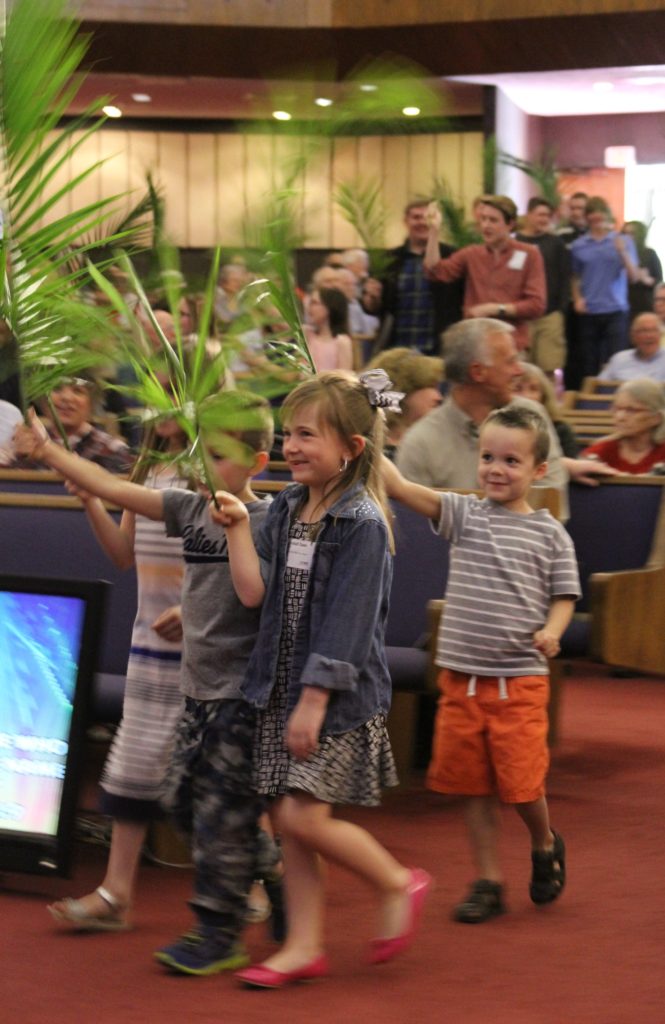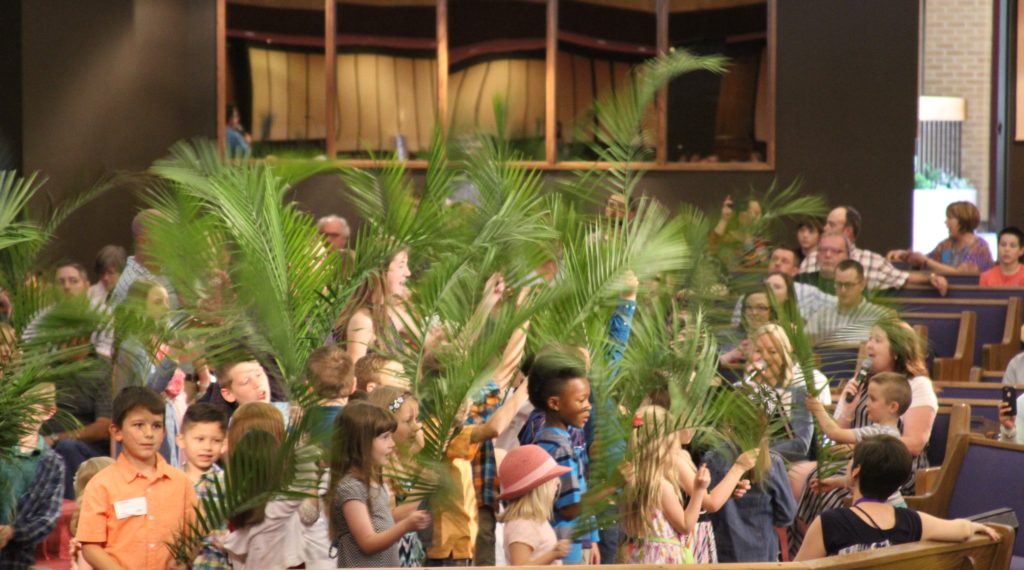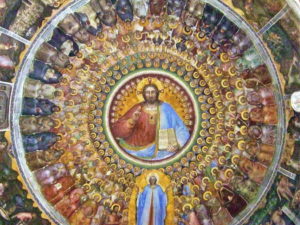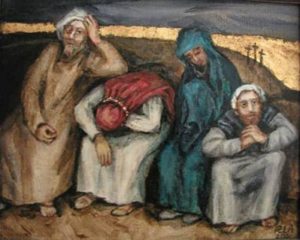 We celebrated Palm Sunday at Central with palm branches and prayers, songs of praise and times for reflection, the sacred meal and the Holy Word.
We celebrated Palm Sunday at Central with palm branches and prayers, songs of praise and times for reflection, the sacred meal and the Holy Word.
We attempted to capture the enthusiasm and expectation of that day when our Lord Jesus rode that donkey into the Holy City, surrounded on every side by throngs of cheering followers. The people of Israel were looking for a king. They were expecting a divine liberator, a deliverer sent by God to free them from the yoke of the Romans. They were praying for a Messiah who would save them and restore the throne of David back to Israel and establish the Kingdom of God right there in that land. The prophets had spoken about that day and it looked like for all the world that long-anticipated day had finally come.
Jesus is that promised Messiah! Jesus is our King sent by God, empowered by God to save us! All the signs are there! He’s healing people, he’s teaching the Law, he’s raising people from the dead, and feeding people in the desert! These are the signs the prophets told us about! God is saving us!
All this energy. All this excitement.
Our great-grandparents always told us about this day, and now it’s finally here! Our synagogue teachers have been reading to us about this day for generations, and now it’s come! We’ve been praying to God about this day for as long as we can remember and, praise God, he’s allowed us to live long enough to see it!
That’s us. That crowd of disciples, walking with Jesus on his way to the Holy City — that’s us.
Jesus is our King. We know Jesus is sent by God, he’s empowered by God’s Spirit — we know he IS God! And he is saving us.
 And like those Israelites then, we long for the day when our King returns to completely and fully restore the Kingdom of God in our land — right here in Amarillo! We praise God for the salvation he delivers in our Messiah Jesus. The “hosannas” are on our lips today as we recognize that salvation for us and for the whole world.
And like those Israelites then, we long for the day when our King returns to completely and fully restore the Kingdom of God in our land — right here in Amarillo! We praise God for the salvation he delivers in our Messiah Jesus. The “hosannas” are on our lips today as we recognize that salvation for us and for the whole world.
May our God bless us during this Holy Week to faithfully remember and reflect on our Lord’s triumphal entry into Jerusalem and the events of those last days before his loving and history-changing sacrifice.
“Blessed is he who comes in the name of the Lord!”
~~~~~~~~~~~~~~~~~~~~~~~~~~~~~~~~~~~~~~~~~~~~~~
 Valerie helped design a sweatshirt for the 21 female students at Oklahoma Christian University whose dads belonged to Delta Gamma Sigma. They’ve had an informal fellowship for most of the school year; now they have a formal sweatshirt. You’ll recognize Val on the far right in this picture. On the far left is Kenzie Minor, whose dad, Shawn, was a Delta freshman my senior year. The young lady in the middle is Savannah McMillon, whose dad, Jeff, was a great friend of mine, two years my senior, a Delta vice-president, and current OC Bible professor.
Valerie helped design a sweatshirt for the 21 female students at Oklahoma Christian University whose dads belonged to Delta Gamma Sigma. They’ve had an informal fellowship for most of the school year; now they have a formal sweatshirt. You’ll recognize Val on the far right in this picture. On the far left is Kenzie Minor, whose dad, Shawn, was a Delta freshman my senior year. The young lady in the middle is Savannah McMillon, whose dad, Jeff, was a great friend of mine, two years my senior, a Delta vice-president, and current OC Bible professor.
Good looking kids, huh? But then, again, everybody looks good in maroon and gold.
Peace,
Allan








Recent Comments